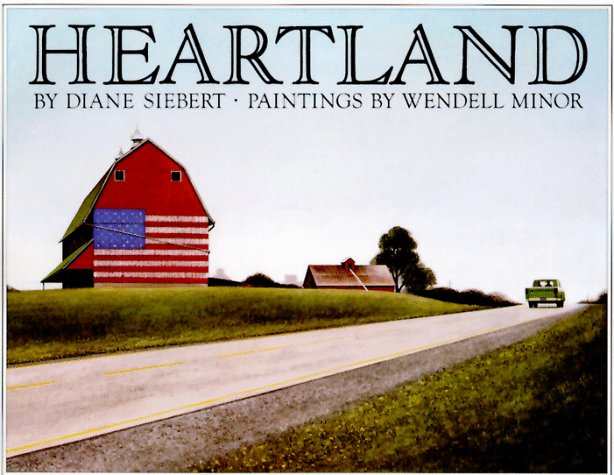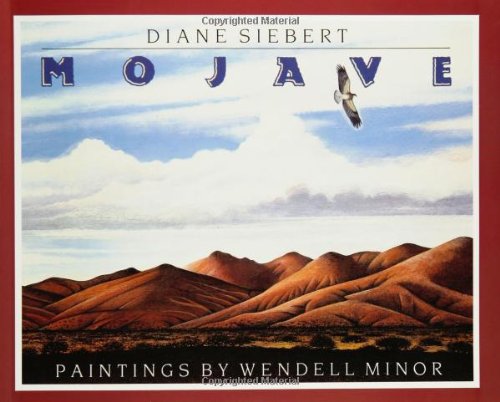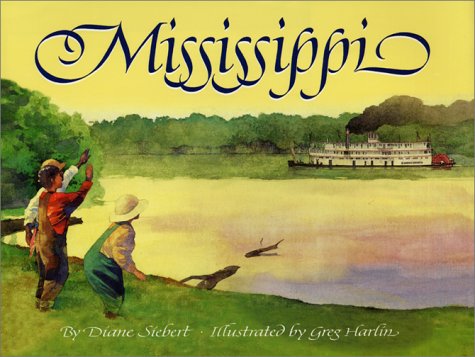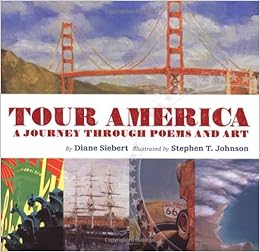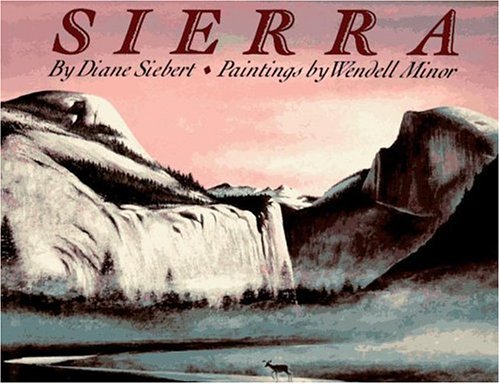What a special week on the blog...TWO amazing guest bloggers!
I am blessed by many wonderful colleagues. But every time I have a PD/workshop/curriculum day with Jen, I truly come away a better teacher. She is a deep thinker and analyzer. She is creative and energetic and always makes sure we are doing what is best for by students. She is great mom to two hilarious kiddos and is so.much.fun to have dance parties with in the car. I am thrilled to share some of her insights on historical thinking with all of you.
Amy, thanks for the invite to write on your blog. I hope I don't dissapoint
and I will go ahead and warn your readers...I am a wordy girl.
One of my new endeavors next school year is to incorporate ways to help my
students become historical thinkers. What is historical thinking and why does it
matter? I will try to answer those questions. If this is something you are
currently doing I would love to hear how you are using this method in your
classes, and if you are not, hopefully you will find value in using this strategy
in your instruction.
A little background...I have just finished my 14th year of teaching and
have had a diverse background of being a special education teacher at multiple
levels (8th, 6th, and 5th) and am now a 6th year general education classroom
teacher for 5th grade Language Arts and Social Studies. I am fortunate enough to
be part of a group of teachers who are taking courses under a grant focused on
Teaching American History. One of my ATP's (Awesome Teaching Peers) (sorry Amy,
I wanted to be an ATP, you know how I like to use the same acronym but change
the words) has asked that I be a guest on her blog so I wanted to share my
thoughts on historical thinking and literacy.
What is historical thinking? Historical thinking is a process.
A process that requires students to evaluate a variety of sources (primary and
secondary) then ask questions about those sources. The quesitons are not the
typical comprehension questions about what the source says, but questions that
develop a healthy cynicism of why was the source written, what is significant
about how it was written or when it was written. Historically, what was occuring
at that time and in that place? What was happening in other places around the
world? Instruction with historical thinking as a focus asks students to think
critically about the documents in front of them and encourages them to check the
facts through seeking additional evidence.
 |
| Colleagues from our TAH grant practicing historical thinking strategies |
Finally, the goal is to push students
to validate the sources and information within the documents they are reading.
Key components of thinking historically are sourcing, contextualization, close
reading, and corroboration. If you are interested in reading more about each of
these components you can visit this site by Stanford University. There are also AWeSoME videos on The Teaching Channel that
demonstrate these steps. The Teaching Channel is an amazing resource I
discovered this year and I would highly recommend it to anyone who has not used
it as a resource.
A bonus resource/lesson I'm going to use next year about the life of Ghandi: https://www.teachingchannel.org/videos/reading-like-a-historian-contextualization
Why does teaching historical literacy matter?
Two words,
background knowledge.
Historical thinking matters because it forces students to
use higher level thinking skills through the analysis, questioning, debate and
synthesis of information. The information we are providing for students has to
have relevance and allow students to investigate, debate, and question a variety
of sources in front of them. This helps them shape who they are as thinkers...as
inhabitants in this massive world.
My personal thoughts are that historical
thinking will allow student to hone in on what shapes their identity both by
helping them make sense of the facts in history of where they come from and then
also allowing them to form opinions and values of who they want to be. Hmmm,
sounds like the type of thinking we want students to engage in during our
Language Arts/Reading classes.
Researchers have made it clear: it is essential
for teachers to teach and reinforce literacy skills on a regular basis in social
studies. This is reinforced below in the quote of the author of the book FOCUS,
by Mike Schmoker.
Schmoker advocates the use of current events articles
in newspapers and magazines as well as other primary documents because it helps
to ground students in understanding the past and make connections with the
present events in their lives. Reinforcing literacy skills using these types of
sources will allow students to rehearse in their minds how events played out and
what the effects of, or possible effects of, those events were/could have been.
Simple cause and effect. Behavior and consequence. This is a HUGE life
skill.
"I honestly believe that social studies could be on the cusp of its
greatest moment-that it could soon be a subject students come to love and look
forward to. But to ensure that happens, we must infuse generous amounts of
current and historical texts into students’ weekly social studies diet. Such
documents should include primary source documents, alternative histories, and
also current issues and events found in newspaper and magazine articles. These
should be introduced no later than the upper elementary grades. Such
supplemental texts could be a real game-changer, with a profound impact on
students’ sense of what history is and how it connects to the to their personal
lives, culture, and communities."
- Mike Schmoker
Focus, Elevating the Essentials.
Alexandria, VA: ASCD, 2011, p. 152.
David Coleman, the founding
partner of Student Achievement Partners and a lead writer of the CCSS in ELA
states, "There is no greater threat to literary study in this country than false
imitations of literature which do not deserve to be read." The Coleman quote can be found here.
This speaks to
another vital life skill- validation. We should expect it and we should give
it. How many times have you sought validation or recognized it in others? This
skill goes way beyond sourcing texts, it speaks to our character. We must teach
students to validate their sources and ask questions about the information they
are getting much like they should measure the validity of the information others
are sharing with them. There is a plethora of potential to practice this skill
if you are examining primary and secondary historical documents.
Lastly, the ELA CC standards are asking students to
speak, listen and write coherently about a topic. Teaching students how to
critically analyze materials outside of reading and language arts class is
essential to build their foundational knowledge across content areas. The
process of analyzing, recording and discussing primary/secondary documents will
allow students to find their voice and be able to write with a clear point of
view.
My endeavor feels like a mammoth leap, but a necessary one. My instructional
practice will be changed by the New Learning Standards for the Social Studies
and ELA Common Core in a variety of ways. My challenge is to become efficient at
finding and changing the materials that I provide to students. I expect there
will be change in the structure of the classroom environment and it will,
hopefully, create opportunities for more student-led activities. I have dabbled
in this type of instruction in the past, but my personal expectation is that it
will occur more frequently next year.
I envision the materials changing
in that they will, on a more frequent basis, meet the expectation that students
interact with more rigorous text as well as ensuring a balance of investigation
with informational text with fiction. I also believe that I will probably focus
on building background knowledge more strongly than in the past. The feeling I
get about the structure of the classroom is in the delivery of materials. There
will be much more scaffolding and practice on the process of what it means to be
a historical thinker and modeling of how to organize that information into
notes. Then I will set them free to investigate, analyze and debate. Lastly, I
feel that this type of instruction and the call for students to think
analytically will allow for a student led community of learners. Although I feel
I have had elements of this in the past, I do feel I will have a stronger
emphasis on building this type of interaction as well as designing activities to
foster this interaction.
Amy, thank you for asking me to share my thoughts on your blog. Your energy
and enthusiasm for teaching is an inspiration, your passion is admirable and
your zest for life is contageous. It has been my honor.
